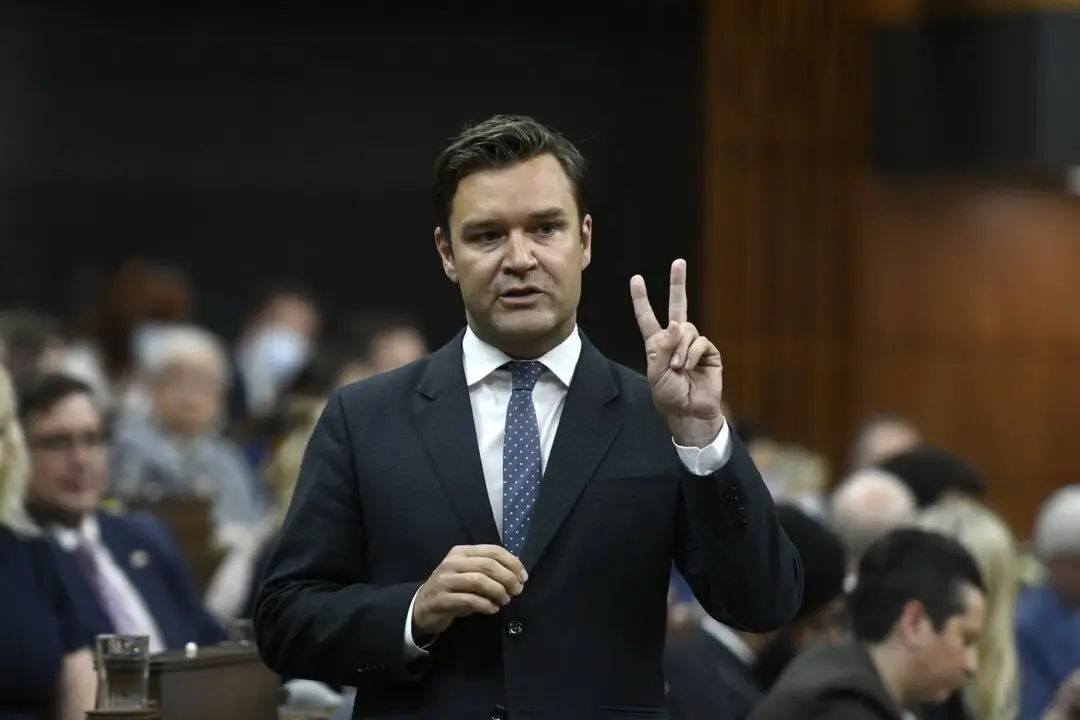Unvaccinated Canadians were permitted to take domestic flights once again on June 20, but for some, the damage had already been done after having missed key life moments due to the federal vaccine mandate.
Not being there for a loved one in times of need, missing a funeral, and couples living across the border being unable to see each other are some of the stories heard by The Epoch Times.





